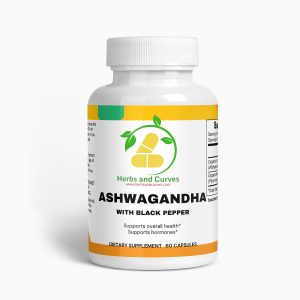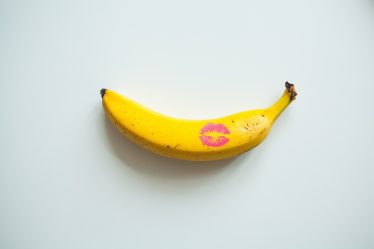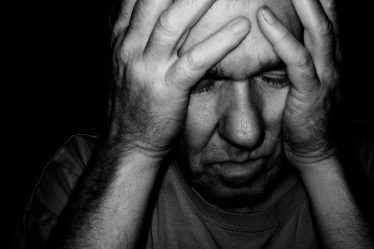
Introduction
Depression is a pervasive mental health condition that affects millions of people worldwide. It can be an overwhelming and debilitating experience, impacting every aspect of a person’s life. While conventional treatments for depression, such as therapy and medication, are essential, some individuals seek alternative approaches to complement their treatment. One such alternative is the use of herbs, which have been used for centuries to promote emotional well-being. In this article, we’ll explore the types and causes of depression, delve into historical alternative treatments, and focus on several herbs known for their effectiveness in alleviating depressive symptoms.
Types and Causes of Depression
Depression is a complex mental health disorder with various forms and causes. Two common types of depression are:
- Major Depressive Disorder (MDD): This is characterized by persistent and severe symptoms that interfere with daily life. It may result from a combination of genetic, biological, environmental, and psychological factors.
- Persistent Depressive Disorder (PDD): PDD, or dysthymia, involves a chronic but less severe form of depression. It can last for years and is often related to early life trauma or chronic stress.
The causes of depression are multifaceted and can include genetic predisposition, chemical imbalances in the brain, trauma, chronic stress, and major life changes.
Historical Alternative Treatments for Depression
Before the advent of modern psychiatric medications, cultures around the world relied on various alternative treatments to address depression. Some historical remedies included:
- St. John’s Wort (Hypericum perforatum): Native to Europe, St. John’s Wort has a long history of use as a natural remedy for depression. It contains compounds that may help regulate mood and reduce depressive symptoms.
- Saffron (Crocus sativus): Saffron, a spice derived from the flower Crocus sativus, has shown promise in clinical studies as a treatment for mild to moderate depression. It is thought to influence serotonin and other neurotransmitters.
- Rhodiola (Rhodiola rosea): Rhodiola, an adaptogenic herb, is used in traditional medicine to combat stress and improve mood. It may help regulate cortisol levels and support emotional well-being.
- Lavender (Lavandula angustifolia): Lavender essential oil has calming and soothing properties. Aromatherapy with lavender may help reduce symptoms of anxiety and depression.
- Ashwagandha (Withania somnifera): Ashwagandha is an adaptogenic herb from Ayurvedic medicine. It may help manage stress and improve overall emotional resilience.
Effective Herbs for Treating Depression
- St. John’s Wort (Hypericum perforatum):
St. John’s Wort is available in various forms, including capsules, teas, and tinctures. It may help alleviate mild to moderate depression symptoms.
- Saffron (Crocus sativus):
Saffron can be incorporated into cooking or consumed as a supplement. It may aid in managing mood disorders and promoting emotional balance.
- Rhodiola (Rhodiola rosea):
Rhodiola supplements are widely available and can support stress management and mood stabilization.
- Lavender Essential Oil (Lavandula angustifolia):
Diffuse lavender essential oil in your living space or add a few drops to a warm bath to promote relaxation and reduce symptoms of anxiety and depression.
- Ashwagandha (Withania somnifera):
Ashwagandha is available in supplement form. It may help regulate stress hormones and improve overall emotional well-being.
Conclusion
Depression is a complex and challenging condition that requires a multifaceted approach to treatment. While conventional therapies like therapy and medication play a vital role in managing depression, some individuals find relief and support in complementary approaches, including herbal remedies. Herbs like St. John’s Wort, Saffron, Rhodiola, Lavender, and Ashwagandha have historical and contemporary use in promoting emotional wellness and managing depressive symptoms.
Before incorporating herbal remedies into your depression management plan, it’s crucial to consult with a healthcare professional, especially if you are already receiving treatment or have underlying health conditions. Additionally, it’s important to remember that the effectiveness of herbal remedies can vary from person to person, and they are best used as part of a comprehensive approach to emotional well-being. Nature’s healing power can complement modern treatments, offering a holistic path to emotional wellness.






